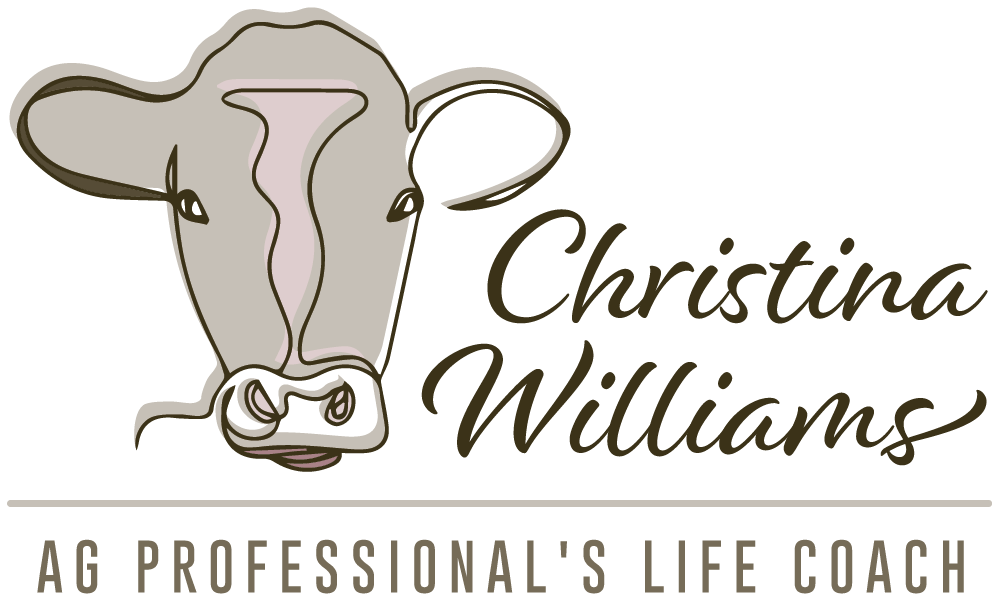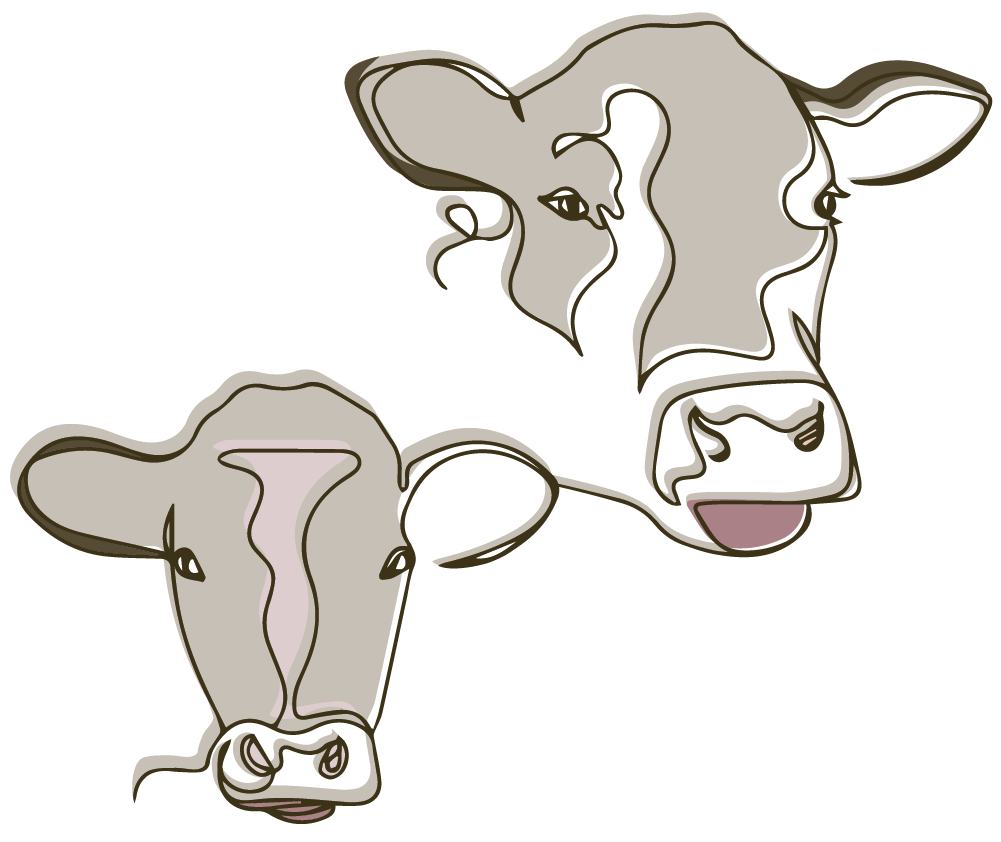Episode 43: Trapped in Conflict
Hello my friends, welcome to episode 43. I have recently finished reading the book High Conflict: Why we get trapped and how we get out by Amanda Ripley. If you have not read this book and have ever experienced a conflict that just didn’t make sense or are currently in a conflict that seems to be taking over your life then I highly recommend this read. Even just to see how conflict develops and how we seem to get literally trapped in it this book has extremely good examples and methods for switching things up and working your way out of conflict.
Is conflict good or bad?
It depends. Conflict is powerful. It can bring about real change. It can change people, it can change companies, it can change families, and it can be a good change or a bad change.
So what do we need to know to utilize conflict for good and minimize the bad that it can cause?
1st is to recognize what kind of conflict you are in.
In the appendix of High Conflict, Amanda gives some characteristics of good vs high conflict. This I found incredibly interesting as I was assessing some of the conflicts that I have been in the past and am currently in.
So let’s talk a little about these differences
1. Humility vs certainty: now this is interesting. How you most of your conflicts feel? Are you certain that you are right? I think Certainty is a very interesting emotion. It feels very strong, it feels very powerful. It feels safe. So we all crave certainty. Go back and listen to episode 9. We talked a lot about certainty in that episode and how being less certain allows us to be more open to other people’s experiences, open to new opportunities, and open to healthy expansive conflict instead of destructive/high conflict. Thinking about what emotion I have gone into conflict with in the past from this perspective has helped me understand why sometimes that conflict has escalated in a way I never expected because I was so certain. I am sure that the certainty gave me courage, it gave me power but it also added closed-mindedness and self-righteousness.
2. Fluidity vs rigidity – this one is cool. Are you totally bought into one idea and that is the only way or are you able to flex and adjust if another good idea is presented? I was once in a meeting where we were trying to make a decision about how some data was handled. And there were two individuals in the room that were at odds with one another. This is one of those experiences where luckily I wasn’t in the middle of the conflict so I had a bit of perspective on it. As the problem was discussed one individual brought up a really good idea. The other person they were at odds with instantly rejected it. Everyone else stayed silent. As I considered what they had said, I realized it would work. It would likely solve the problem. But I could see that I wasn’t in high conflict. That was very hard for the other person to see because they were. Are you ridged in your idea or fluid?
3. This concept goes very well with another and it is wanting to find a solution. Good conflict wants to find a solution, High conflict wants to fight and I would add win.
4. This leads to another point good conflict doesn’t want to hurt the other party, high conflict actually is happy when the other party is hurt. Even if it isn’t about the conflict. Good conflict doesn’t want bad things to happen to others, high conflict relishes it.
5. This is where it can lead to violence. Good conflict violence is unlikely, High conflict that changes.
6. Suck in emotion – high conflict gets us stuck, good conflict can have varying emotions. What is the emotional roller-coaster of the conflict? This is interesting. You know the people that are stuck in anger or suspicion all the time – this could indicate some unhealthy conflict.
7. Curiosity vs assumptions -you know I am a huge fan of curiosity. I think it is such a force for good if we could cultivate more of it! Especially in conflict. We have to want to understand what others are thinking. We have to want to see others’ points of view. We don’t have to agree with them but we have to be open to them. Truly wonder, what is it like to be them? What is it like to see this situation in the way that they do? Honestly, this can be tough! We often just assume that they are trying to make things more difficult, we assume they don’t care, we assume they know what we know, we assume we know what they know, we assume we have all the information, and when we assume we are usually wrong. Once again curiosity in the place of certainty can be magic. Just ask!
8. Now this leads to the next difference: Questions vs advocacy. Now don’t think that every advocate is creating high conflict. We do have to advocate for something to change but think about the difference in asking questions from a place of not knowing the answer instead of from a place of having your mind already made up. That is what this one means to me. Do we ask to listen and learn or do we ask to validate our own opinion or prove a point? This can be the difference between a good conflict and a bad one.
9. Stress level – all conflict will cause stress but good conflict – the stress hormones spike but recover. High conflict it becomes chronic, lots of rumination – going over it, planning your next move, sleep disturbances.
Now once we know a little more about the conflict we are in we then get to make a decision. Sometimes we want to stay in high conflict, sometimes it feels like the only option, and sometimes it is too hard to actually be able to pull out of high conflict so we may choose to stay.
But we may want to learn from it to prevent it in the future or we may want to do the work to slowly extract ourselves from it in any way we can. We may want to look for opportunities to remove ourselves from it and I believe that if we look, we will often find a way.
Just simply understanding conflict and understanding ourselves better can help us to create situations where healthy conflict can move us forward but not draw us into the escalated forms of conflict that lead to negative effects for ourselves and others.
We don’t have to live trapped in conflicts of the past. We don’t have to believe that escalated conflict is the only way to create change.
Conflict is powerful.
Conflict can move us forward.
Conflict doesn’t have to destroy us.
It will be fun.
Have a wonderful week.

